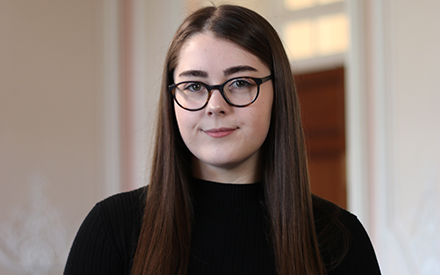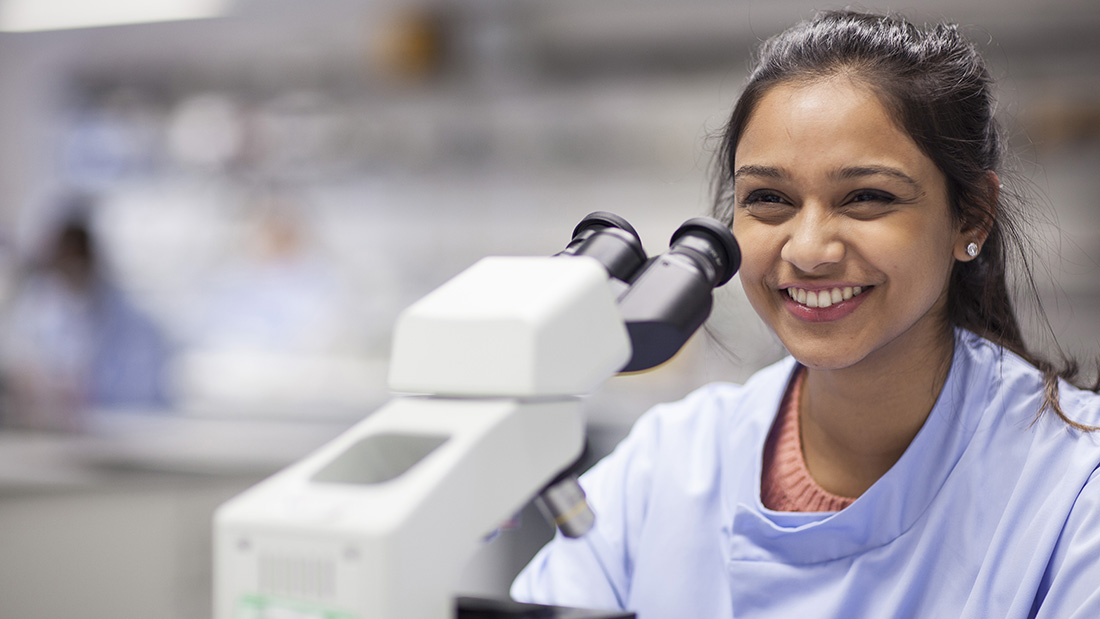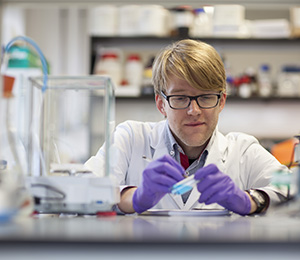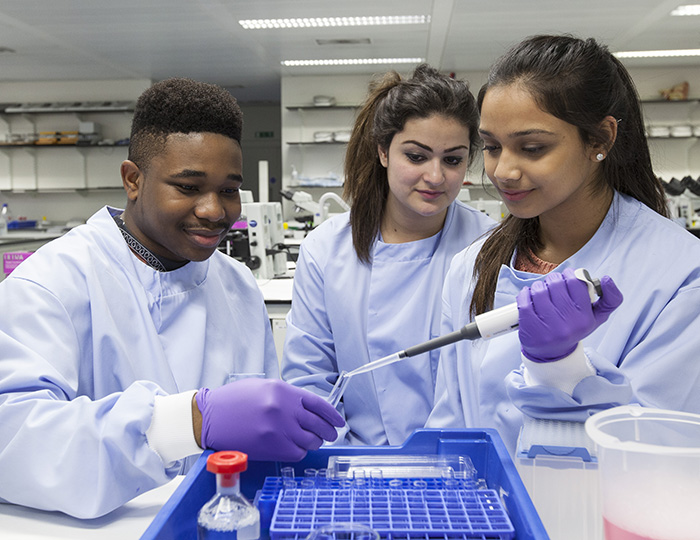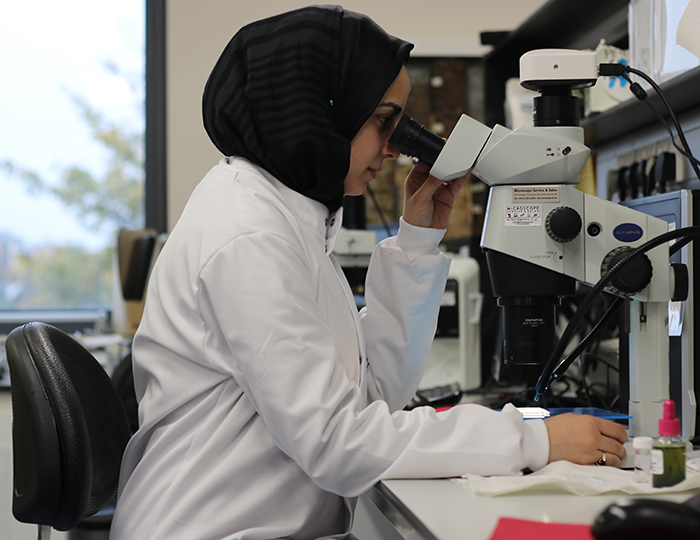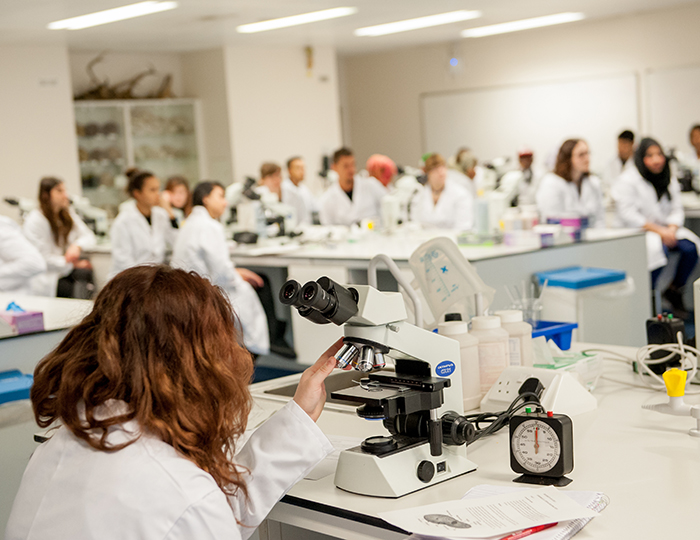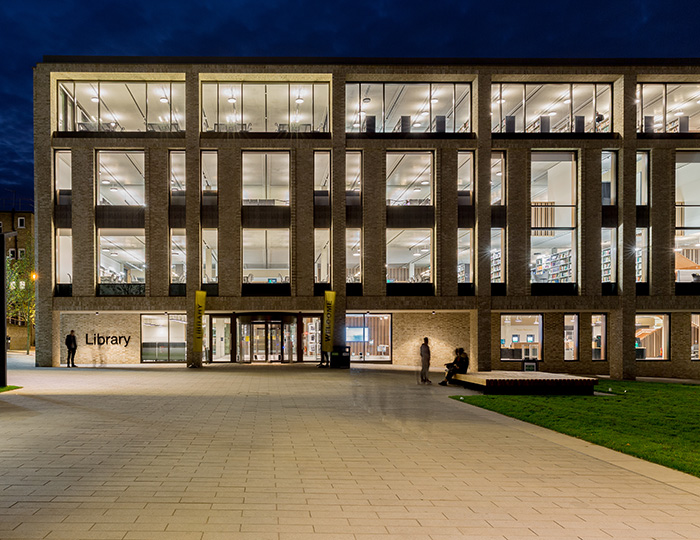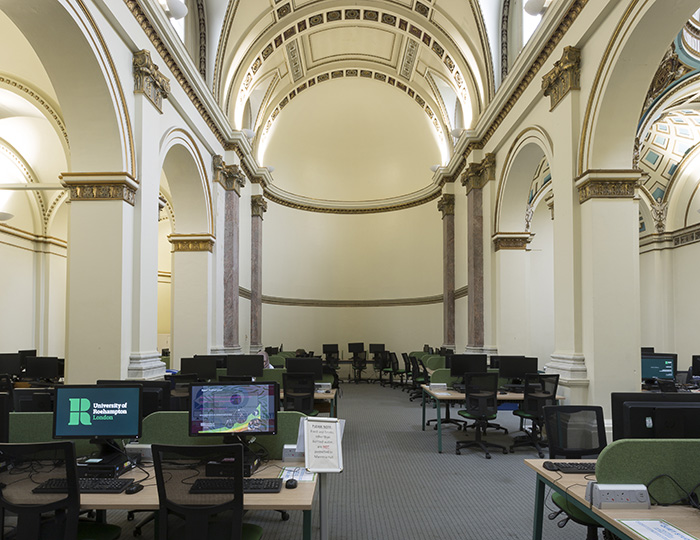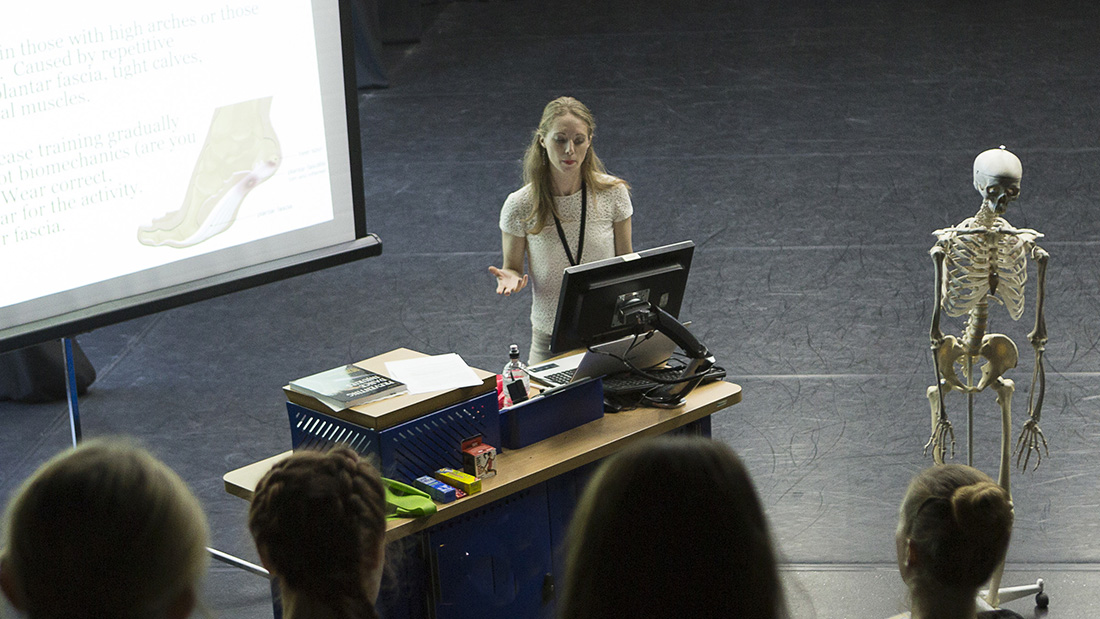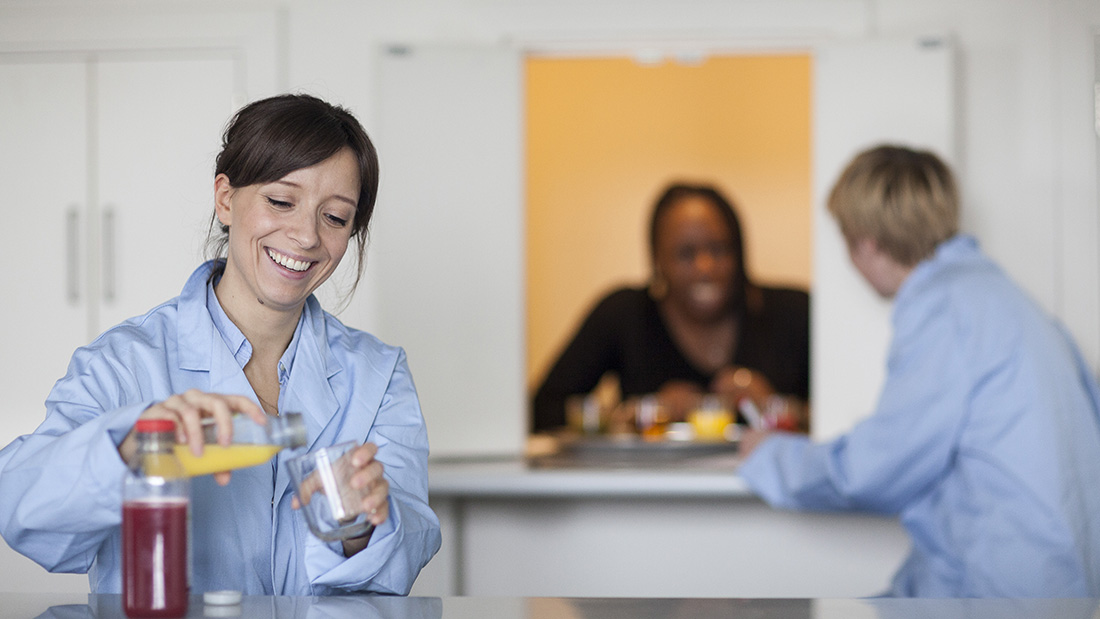Study the world of living organisms whilst addressing pressing global issues such as climate change and infectious diseases. Get the specialist, practical skills you need to play a part in contributing to the health of our planet.
Entry Tariff
112 UCAS points (or equivalent)
Foundation Year entry: 64 UCAS points (or equivalent)
UCAS Code
C120
C100 (if choosing Foundation Year)
Duration
3 years (full-time)
4 years (full-time) if opting for the additional placement year
4 years (full-time) if opting for Foundation Year entry
Start date
September 2024
Degree Type
BSc (single honours)
Course also available with Foundation Year
Modules
These modules are those we currently offer and may be subject to change.
This course is offered as a degree with foundation year – a four-year programme which provides an additional foundation year at the beginning of the degree, that will give you academic and practical experience, as well as the skills you need to ensure you are equipped to successfully complete your chosen degree.
£2,000 Foundation Scholarships for all home students
Find out more about our degrees with a foundation year
This course offers all students the option of a one-year paid work placement, to boost your employability even further. If you choose this route, you will take the placement following year two of your course, and then return to complete your degree.
Why take a placement?
A placement year is the perfect opportunity to gain valuable work experience, to build on the career skills we will teach you on this degree. The connections you make on the placement will improve your career prospects further, and equip you with the skills you need to secure graduate-level employment.
How we support you
The University's Placement and Work Experience Team are experts at helping you to secure a placement. They will work closely with you from the start, helping you research potential employers, discover placement opportunities, create and pitch your CV, and will coach you to perform well in interviews. We aren't able to guarantee a placement, but our sector-leading advisors will give you the best possible chance of securing one.
Find out more about how we'll support you
We understand that your plans might change once you start your programme. If you decide not to do a placement, you will have the option of completing the three year version of your programme.
Whatever your choice, you will have access to many opportunities for work experience through our Placement and Work Experience Team, and access to face-to-face and 24/7 online careers support.
Study Abroad
This course has the option of studying abroad as part of your degree in your second semester of second year.
With Roehampton Abroad scholarships of up to £1,000 and Turing Scheme funding available, you could spend a semester at one of our partner universities across the globe, with destinations including the USA, Australia, New Zealand, Asia and Europe.
Find out more about where your degree could take you here.
Why this course
Give your career a head-start through the option of a one-year work placement, after year two.
This programme aims to equip you with a comprehensive understanding of the biological sciences, emphasizing the OneHealth approach that recognizes the interdependence of human, animal, and environmental health.
Work in our state-of-the-art laboratories.
Go to Wales on a field trip, and take up the chance to go on a student-funded trip and study 'big game' animals in South Africa.
Embark on a journey that explores the wonders of biology while addressing critical global health challenges from a holistic perspective.
By immersing yourself in the study of biological sciences, you will gain a deep appreciation for the complexity of life and the potential to drive positive change.
Skills
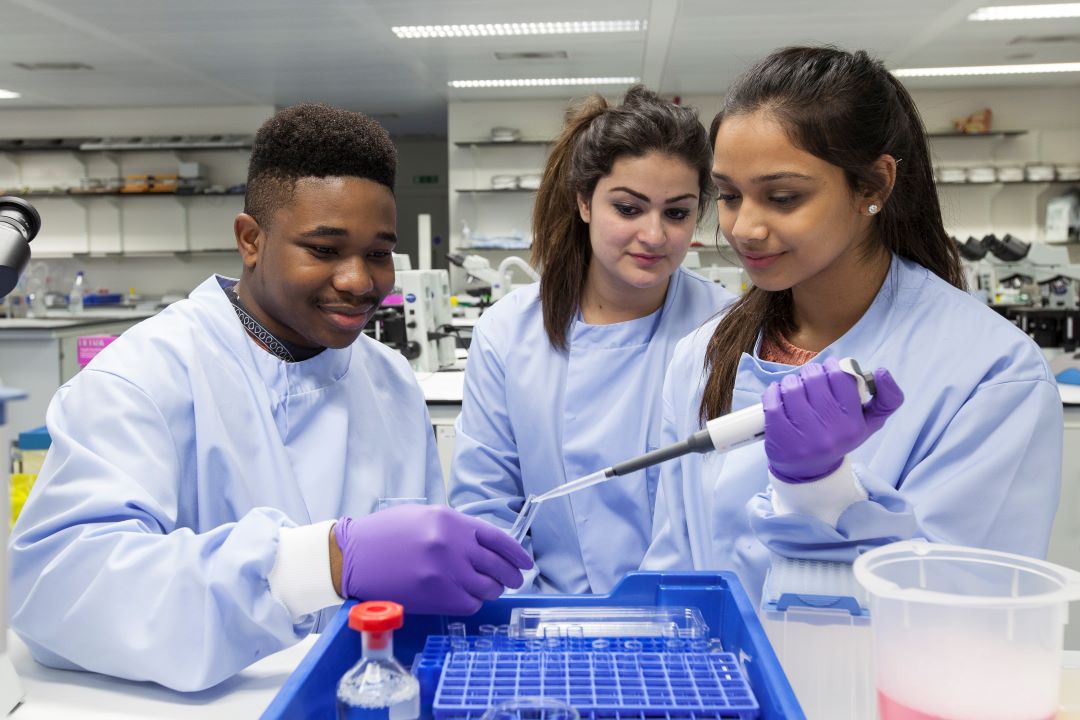
Unlock your potential as a future leader in the field of biological sciences.
Covering a range of biological disciplines, this course gives you the knowledge and skills to carve out a sustainable career in the health sector.
You will delve into the very essence of life and living organisms and will develop your skills and understanding across the biological disciplines, from core aspects of animal and plant biology to cutting edge developments within the fields of biotechnology, climate change, antimicrobial resistance and molecular ecology.
During your time with us, you’ll explore:
Theoretical knowledge, practical skills, and critical thinking abilities in the field of biological sciences, equipping them you the tools to analyse complex biological systems and contribute to evidence-based solutions.
Cultivating a multidisciplinary mindset, enabling you to connect different disciplines and communicate effectively across scientific, policy, and public engagement domains.
Aspects of One Health: (Public Health (human), Comparative Zoology (animal) and Conservation Ecology (environment).
Read more
You will develop theoretical knowledge, practical laboratory skills (analytical and qualitative) and the ability to analyse complex biological sciences. Moreover, you’ll further develop the attributes you need to succeed in the workplace, including:
• Written and spoken communication
• Problem-solving
• Teamwork
• Critical thinking and analysis
• Leadership
• Attention to detail.
You’ll develop theoretical knowledge equipping you with tools to analyse complex biological systems and contribute to evidence-based solutions.
Each year, you will engage with a combination of generalist modules, such as Applied Biochemistry or Research Methods, and specialist modules that focus on different aspects of One Health, including Public Health (human), Comparative Zoology (animal), and Conservation Ecology (environment). This structure ensures that you develop a well-rounded understanding of the biological sciences while gaining specialized knowledge in specific areas related to One Health.
Your employability is our priority from day one. An optional paid work placement gives you the opportunity to gain professional experience between Years 2 and 3. When you graduate, you’ll have cultivated a multidisciplinary mindset, enabling you to communicate effectively across scientific, policy and public engagement domains.
How you'll learn
Experience a dynamic, contemporary curriculum in state-of-the-art facilities.
Working in both small groups and individually, you’ll enjoy a mix of lectures and practical’s as you work through progressive modules, including:
• Cell Biology: delving into the structure, evolution and biochemistry of the cell.
• Diversity of Life: Understanding the tree of life, and covering key aspects of the evolution, anatomy, morphology, and physiology of major taxonomic groups.
• Introduction to Evolution: covering the history of the idea, the development and principles of evolution theory and an introduction to living
You’ll work in exceptional learning facilities, including:
• Laboratories equipped for DNA analysis, electrophysiology, microscopy, and more
• High-spec computer suites, supported by a team of expert laboratory and IT technicians.
You’ll learn core laboratory skills such as titration, pipetting, and how to design and carry out laboratory experiments such as addressing climate change or identifying biological or physiological traits of animals.
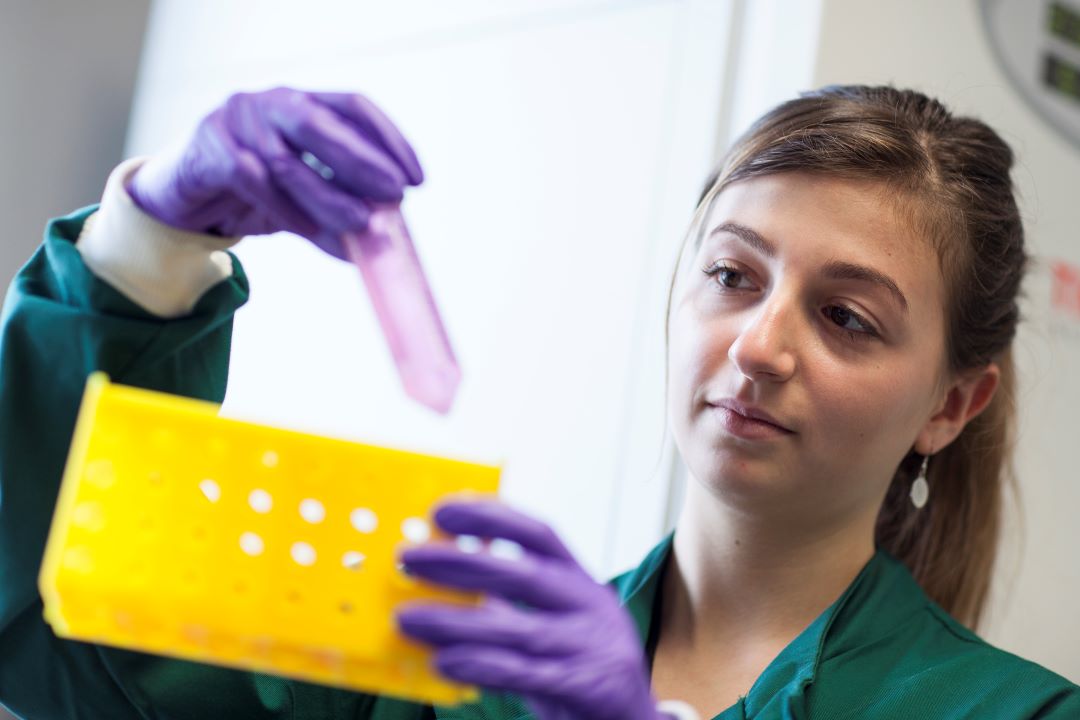
Field trips
Your learning will go beyond the classroom. You'll participate in field trips where you will perform habitat surveys and mapping at the nearby Richmond Park & Wimbledon Common and travel to Wales to explore various UK habitats, including river ecosystems, salt marshes, and rocky shores. This week-long trip will provide you with the ideal experience for careers in habitat or conservation management, as you acquire field-based skills in ecology, animal behaviour, and animal physiology.
You will also visit local museums (e.g. the Natural History Museum and Grant museum of Zoology), Zoos (e.g. Chessington) and other local attractions (e.g. Kew Gardens and Wildfowl & Wetland Trust) to further your knowledge of animals and their interaction with humans and the environment.
An optional and student-funded module, Conservation, People and Wildlife: South African Field Course*, involves a two-week adventure to South Africa. You’ll learn directly from people living and working in conservation and related fields, and study South Africa’s wildlife including elephants, lions and rhinos. It’s a unique opportunity to get first-hand insight into the reality of conservation in Africa and gain valuable experience of another culture and country. Read about a students experience here.
*South African field trip is not included in tuition fee.
Throughout the course, you’ll be supported by a dedicated and passionate team of lecturers and sector professionals. Our learning is appropriately underpinned by research, scholarship and professional practice which reflects the entire scope of content in Zoology today from molecular techniques to societal challenges.
Your tutors
Who Teaches Biological Sciences?
How you'll be assessed
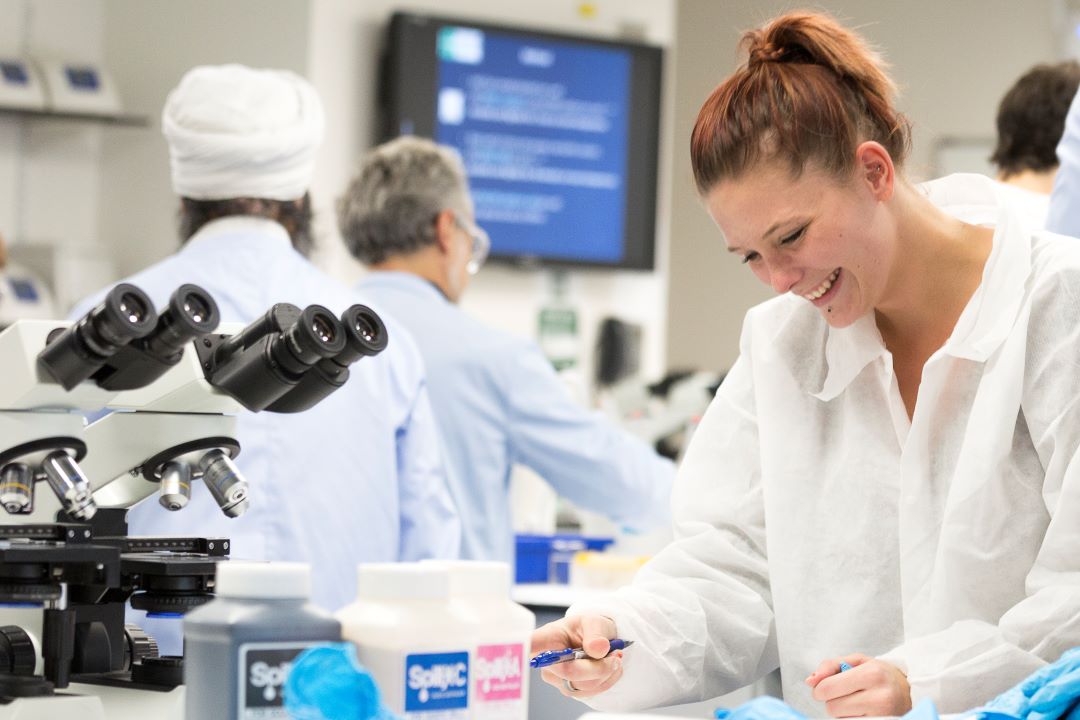
Push yourself with real-world assignments.
Throughout the course, you’ll experience a wide range of assessments that enhance your understanding and practical skills, while giving you a taste of industry practices. These include:
• online tests
• multi-choice quizzes
• written examinations
• laboratory/fieldwork reports
• presentations
• essays
• research and data collection projects.
You’ll leave Roehampton with an in-depth understanding of both the theory and the hands-on applications of biosciences, ready to take the next step.
Upcoming Events:
Career options
Shape the future of the world of living organisms.
If you’re ready to learn, we’ll help you gain the confidence and opportunities to achieve.
Our Careers team is on hand to help from the start of your studies until after you graduate. Under their guidance you’ll benefit from a wide range of support, including:
• CV building
• Interview preparation
• Mentoring
• Industry connections
• Work experience
• Volunteering opportunities
• Job fairs
• Introductions to future employers.
Our graduates go on to work in different specialisms within the biological sciences, such as:
• Environmental Conservation
• Consultancy
• Public Health
• Epidemiology
• Veterinary Medicine
• Biomedical Research
• Policy Development.
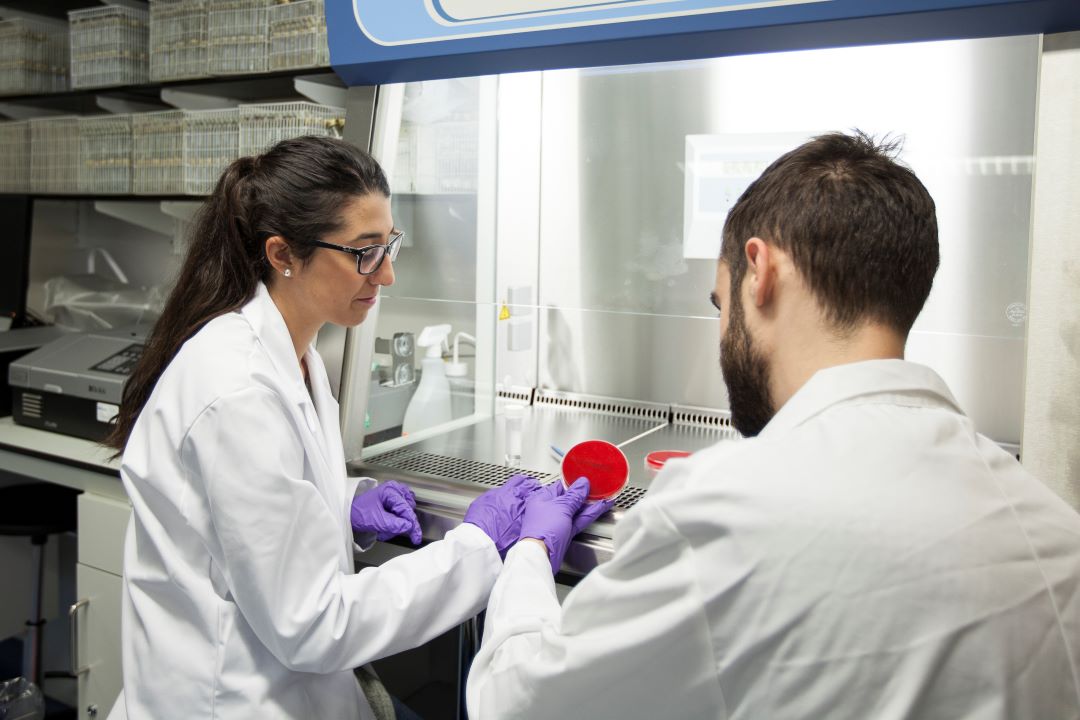
Read more
Many take on roles in the NHS and pharmaceutical industry. Others choose to explore a diverse range of roles, such as:
• Research Scientist
• Clinical Researcher
• Biotechnologist
• Environmental Scientist
• Science Communication and Education advisor
• Forensic Scientist
• Government or Regulatory Affairs
• Wildlife Biologist or Conservationist
• Quality Control Specialist.
The One Health approach equips you with the expertise to address pressing health concerns, promote sustainable practices, and contribute to the well-being of communities and ecosystems. This career-oriented focus ensures that graduates are equipped with the knowledge and skills necessary to excel in diverse and impactful roles within the field of biological sciences.
With our BSc Biological Sciences degree, you can also continue to postgraduate study – researching cancer and neurodegenerative disease or taking courses that prepare you for patient-facing healthcare professions.
How our careers service supports you
Our careers team is available to support you from the start of your studies until after you graduate. We will help you build your CV, prepare for interviews, and meet and learn from successful graduates working at the top of their careers. You’ll also have opportunities to work with our partners across London and beyond, and to attend a Roehampton jobs fair where you can find out about graduate opportunities and meet employers.
Course Facilities
Application Info
How to apply
Undergraduate programmes
- September 2024 entry: Home (UK) students – apply through UCAS (Roehampton UCAS institution code is R48)
Apply now for September 2024 entry through UCAS
- September 2024 entry: International students- apply using our direct application form
Apply now for September 2024 entry
If you need any help or advice with your application, or just want to ask us a question before you apply, please do not hesitate to contact us.
We welcome applicants with a wide range of qualifications, including BTECs, A-levels and T Levels.
When we consider applications to study with us, we form a complete view of your achievements to date, and future potential. In some cases, we will make you a contextual offer. Contextual offers ensure that all applicants have a fair opportunity of gaining a place with us, regardless of their background. Find out more about contextual offers.
Detailed advice on applying for an undergraduate degree is available on our How to apply page.
Entry tariff
We welcome applications from students studying T Levels.
For all courses we also accept a wide range of other qualifications and experience. Contact us to find out more.
When we consider applications to study with us, we form a complete view of your achievements to date, and future potential, and can offer flexibility in entry requirements. Find out more about our Contextual Offer scheme.
Specific Entry Requirements
A-level / BTEC (or equivalent qualification) required in Biology or Chemistry.
GCSE (or equivalent) requirement: Maths Grade C / 4.
Contact us for further information.
General entry requirements
Contextual offers
When we consider applications to study with us, we form a complete view of your achievements to date, and future potential, and can offer flexibility in entry requirements.
Find out moreNeed help before you apply?
Our Students
“The best aspect of my degree so far is the huge variety of topics and modules we get to study across the different fields in biology. I’ve particularly enjoyed “Introduction to Evolution” as well as our field trips to Richmond Park and Kew Gardens. Outside of my course I love the events put on by the students’ union. The location of campus means you’re connected to so many amazing places and landmarks. It’s really exciting and great for adventuring out and gaining independence.”
Emily Belton, BSc Biological Sciences
